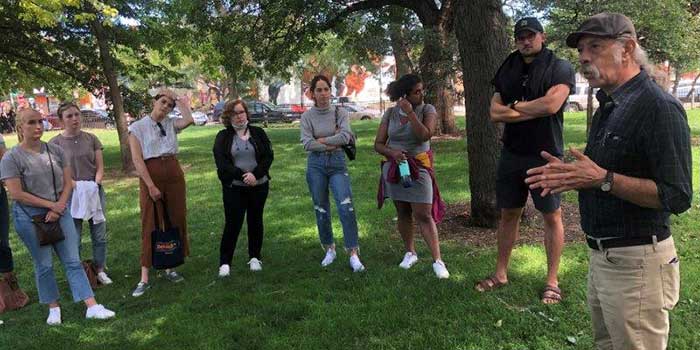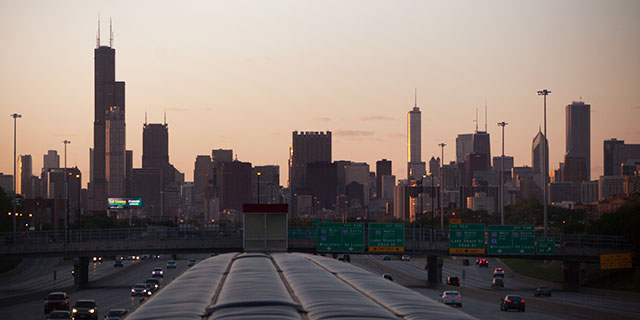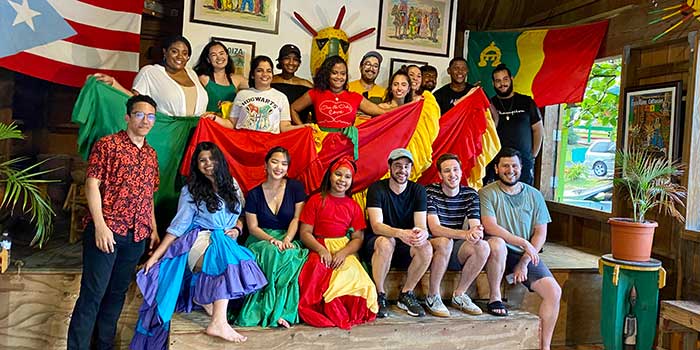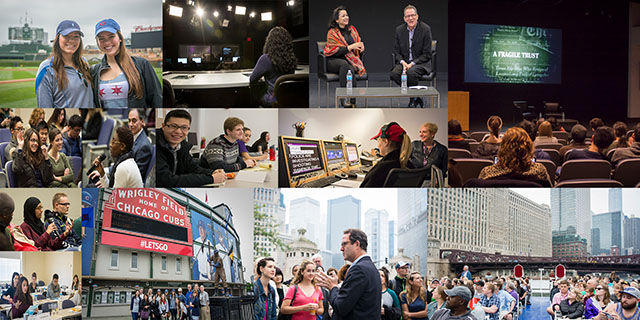
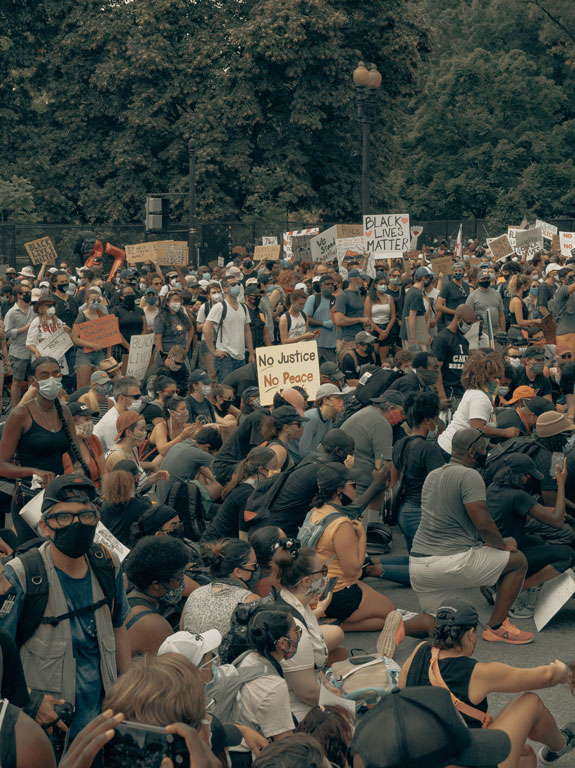
Social Justice and Solutions Journalism
Telling stories of people who are disenfranchised, vulnerable or marginalized – yet resilient and courageous – shines light on injustice and inequality, and helps empower communities to create change. If you’re passionate about social justice, exposing wrongdoing and promoting equity, justice and solutions, this is the specialization for you. Building upon Medill’s foundation of solid reporting skills, you’ll learn how to conduct interviews, dig deeply and ultimately produce journalism that can make a real difference in Chicago and beyond.
About the Social Justice and Solutions Journalism specialization
The Social Justice and Solutions Journalism specialization focuses on journalism that makes the world a better place, revealing inequities and injustices while also highlighting solutions, best practices, and the triumphs and voices of regular people. Social justice issues you may explore include criminal justice, immigration, drug policy, mental health services, housing segregation, homelessness, poverty and labor rights, just to name a few.
You'll have the opportunity to work and publish with professional journalists at local news outlets with a solutions and social justice mission, and you can also publish on Medill’s respected news outlet Medill Reports. These clips will form the basis for your portfolio, demonstrating your real-world journalism experience. Your reporting might take you to locations across the U.S. and even the world, as part of Medill Explores and other opportunities. Past graduates have reported on Native American communities’ struggle for land in Louisiana, environmental justice in Puerto Rico, sustainable farming in Palestine, racial justice protests in Minnesota and countless other stories in Chicago and beyond.
Why Social Justice and Solutions Journalism?
If you’ve always wanted to find the answers to difficult societal questions and pursue stories that produce change, you can do that and more in the Social Justice and Solutions Journalism specialization.
What will I learn?
By spending much of your time outside the classroom reporting and gathering news, you’ll gain a deeper understanding of diverse neighborhoods in the Chicago area, rural communities in Illinois and other locales. You’ll use documents and data to uncover injustice. You’ll explore complicated issues and take into account a variety of viewpoints and voices—including those too seldom given a platform in the mainstream media. And you’ll highlight best practices and solutions, with an analytical approach that can inform policy and real change.
Our Faculty
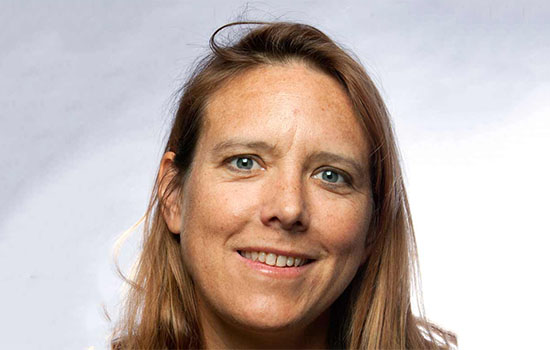
Kari Lydersen
Lydersen is lecturer and co-director of the Social Justice News Nexus. She also works as a reporter, covering energy for Midwest Energy News and freelancing for other outlets including the Better Government Association, The Washington Post, People Magazine and The Chicago Reporter.
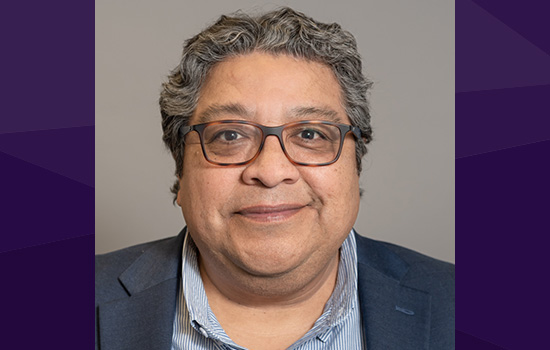
Reynaldo Morales
Reynaldo Morales’ research centers on the strategic intersection of media and education for the recognition of Indigenous Peoples’ territorial, political, environmental, cultural and human rights. He also studies the contributions of World Indigenous Peoples’ Traditional Knowledge on the implementation of the global Sustainable Development Goals.
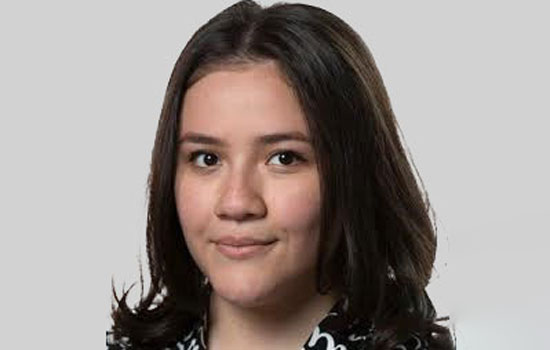
Jessica Villagomez
Jessica Villagomez is a reporter who has worked in the Midwest in both Chicago and Detroit, MI. She previously worked at the Chicago Tribune covering breaking news, crime and Latino communities.
Our Alumni
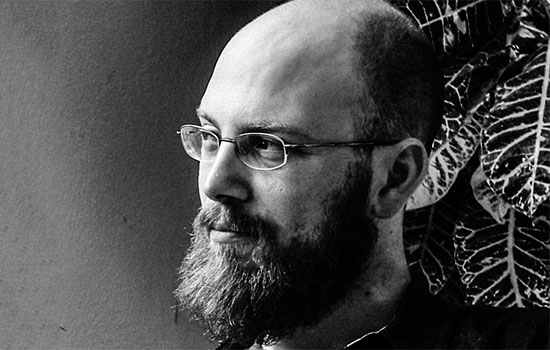
Jonathan M. Katz (MSJ04)
Journalist and Author
Katz was awarded the Medill Medal for Courage in Journalism for his coverage of the 2010 Haiti earthquake and subsequent cholera epidemic, which he further explored in his award-winning book. He is a regular New York Times contributor and director of the Media & Journalism Initiative at Duke University's John Hope Franklin Humanities Institute.
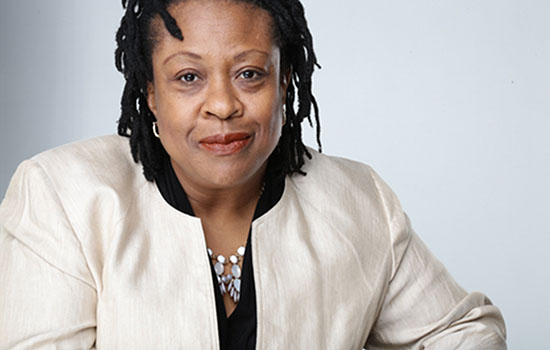
Maudlyne Ihejirika (MSJ87)
Reporter/Columnist
An award-winning journalist with nearly 30 years experience in newspaper, public relations and government, Ihejirika currently pens the Sun-Times’ “Chicago Chronicles” column. Previously, she served as press secretary for the Illinois Department of Children and Family Services and operated a niche public relations firm.
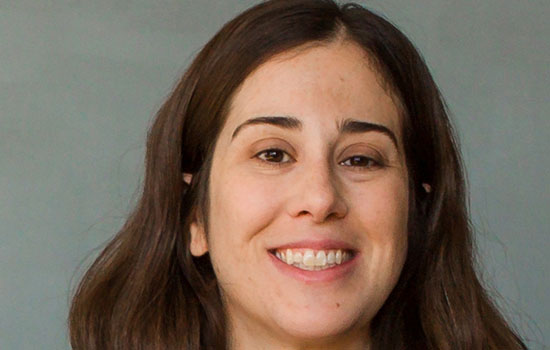
Tara Tidwell Cullen (BSJ02)
Director of Communications
Cullen works with the news media and leads NIJC's communications and content strategies to tell stories about the need for fair and humane immigration laws.
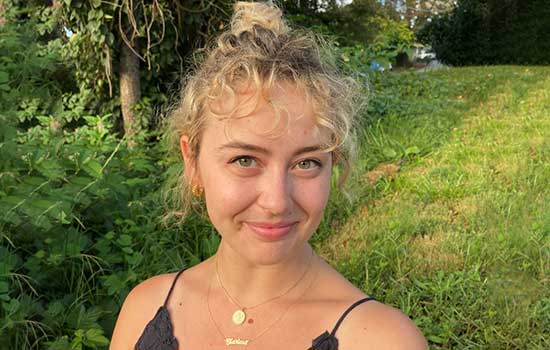
Clarissa Donnelly-DeRoven (MSJ19)
Rural Health and Medicaid reporter
Donnelly-DeRoven covers North Carolina's transition to a health system run by private health insurance companies. She also reports on the health problems rural people in the state face, as well as the solutions they have come up with that larger systems have neglected.
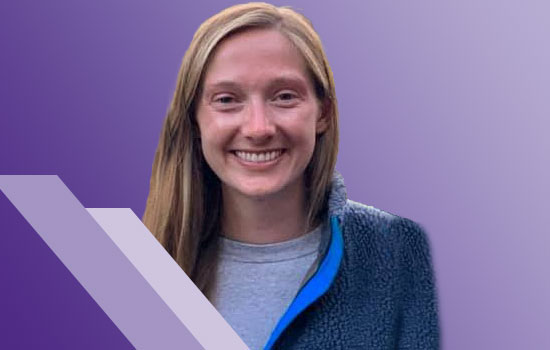
Nora Mabie (MSJ19)
Indigenous Communities Reporter
Mabie covers Indigenous communities for the Billings Gazette, Missoulian, Helena Independent Record, Ravalli Republic and Montana Standard newspapers in Montana.


